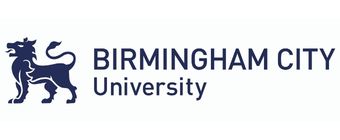Medical engineers support improving healthcare delivery and medical practice by combining the design and problem-solving skills of engineering with medical and biological science to close the gap between engineering and medicine.
This MSc Medical Engineering Applications for Healthcare course combines fundamental concepts and knowledge in engineering, biology, and medicine to develop innovative technologies, materials, processes, and systems, to improve healthcare. The course will enable students from diverse backgrounds such as engineering, biomedical engineering, medical/surgical, or life sciences, to gain the knowledge and skills to launch or develop their careers as medical engineers in this demanding healthcare sector.
WHAT'S COVERED IN THIS COURSE?
Medical Engineering is a discipline of engineering that interacts with the human body. The course will provide you with a thorough grounding across the whole field of medical engineering and enable you to integrate and apply this knowledge to clinical problems. Industrial-led practical workshops and labs will help enhance your technical skills. This will enable you to relate ‘real-life’ commercial innovations to the underpinning academic theory learned in the lectures.
Birmingham City University attracts a diverse range of students from across the world. Our state-of-the-art facilities will allow you to explore various biomedical applications, including sensing and measuring on micro and nano scales, personal health tracking, remote diagnosis and monitoring, and biomaterials. The knowledge acquired will then enable you to engage in exciting projects such as designing prostheses or devising new medical technology for physicians and medical professionals to be used in the prognosis, diagnosis, and treatment of patients.
Throughout the course, you will complete your Professional Project – an independent piece of research on a topic within medical engineering that allows you to demonstrate your knowledge and skills in this exciting field of Medical Engineering Applications for healthcare.














